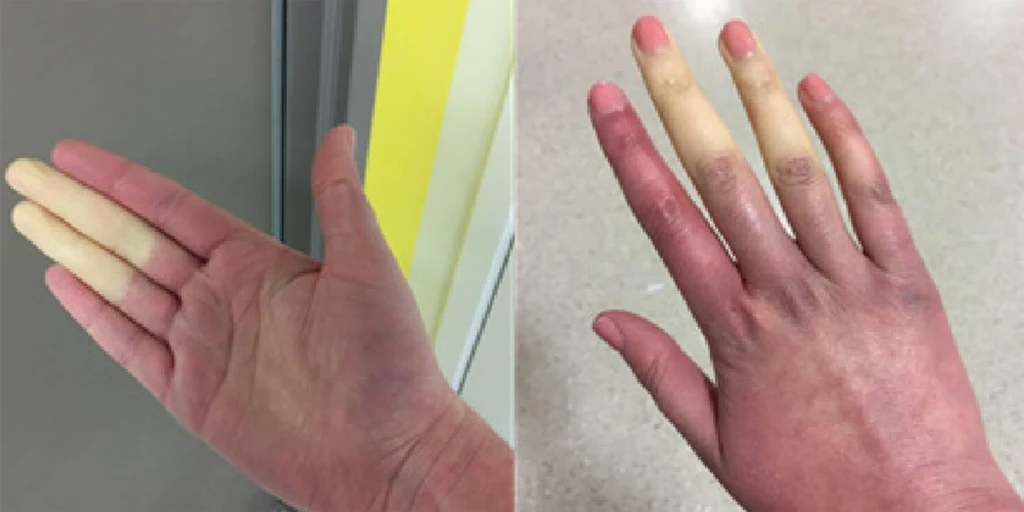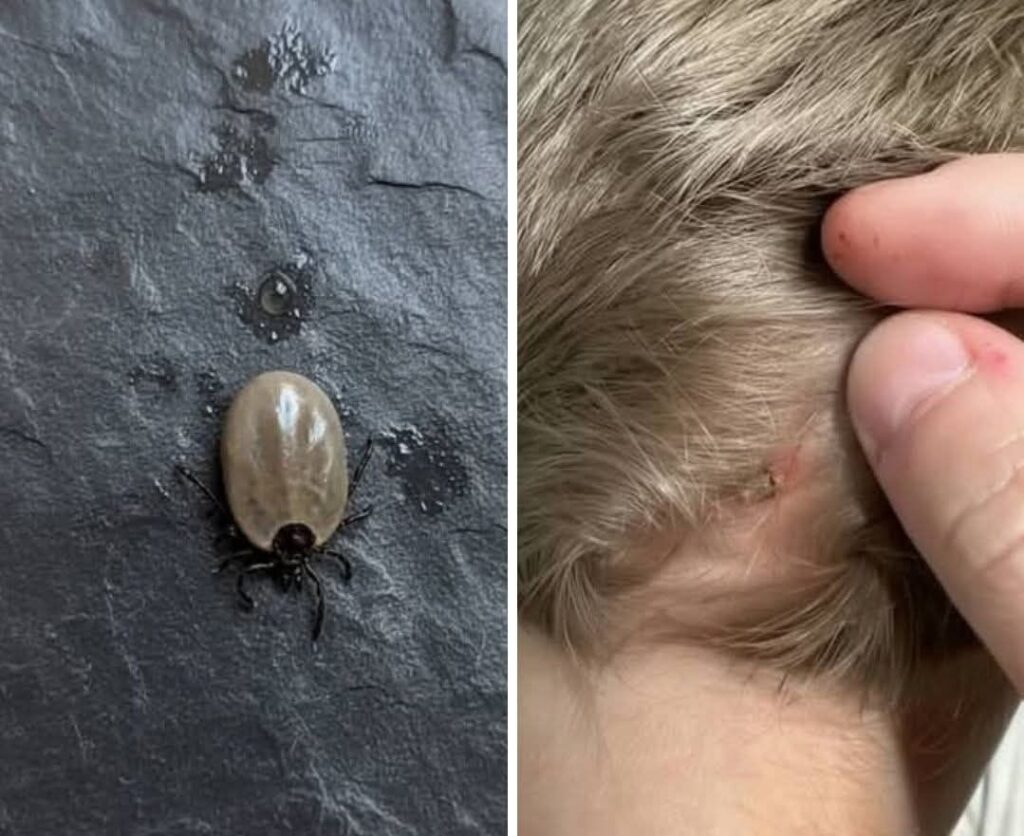Dear reader, you can find the informative video further down the page. Acne, medically termed acne vulgaris, represents a chronic skin condition triggered when dead skin cells and excess oil from the skin block hair follicles. Common characteristics of this condition include the appearance of blackheads or whiteheads, pimples, oily skin, and, in some cases, scarring. It predominantly impacts areas of the skin rich in oil glands, such as the face, upper chest, and back. These visible effects may contribute to feelings of reduced confidence, anxiety, diminished self-worth, and, in severe instances, depression.
The predisposition to acne stems primarily from genetic factors, accounting for approximately 80% of cases. The influence of diet and cigarette smoking on acne remains uncertain, and neither hygiene practices nor sunlight exposure have a direct correlation with the condition. In individuals of all genders, hormones known as androgens play a significant role in the condition’s development by increasing sebum production. Additionally, the overgrowth of the bacterium Cutibacterium acnes, naturally present on the skin, is another contributing factor.






